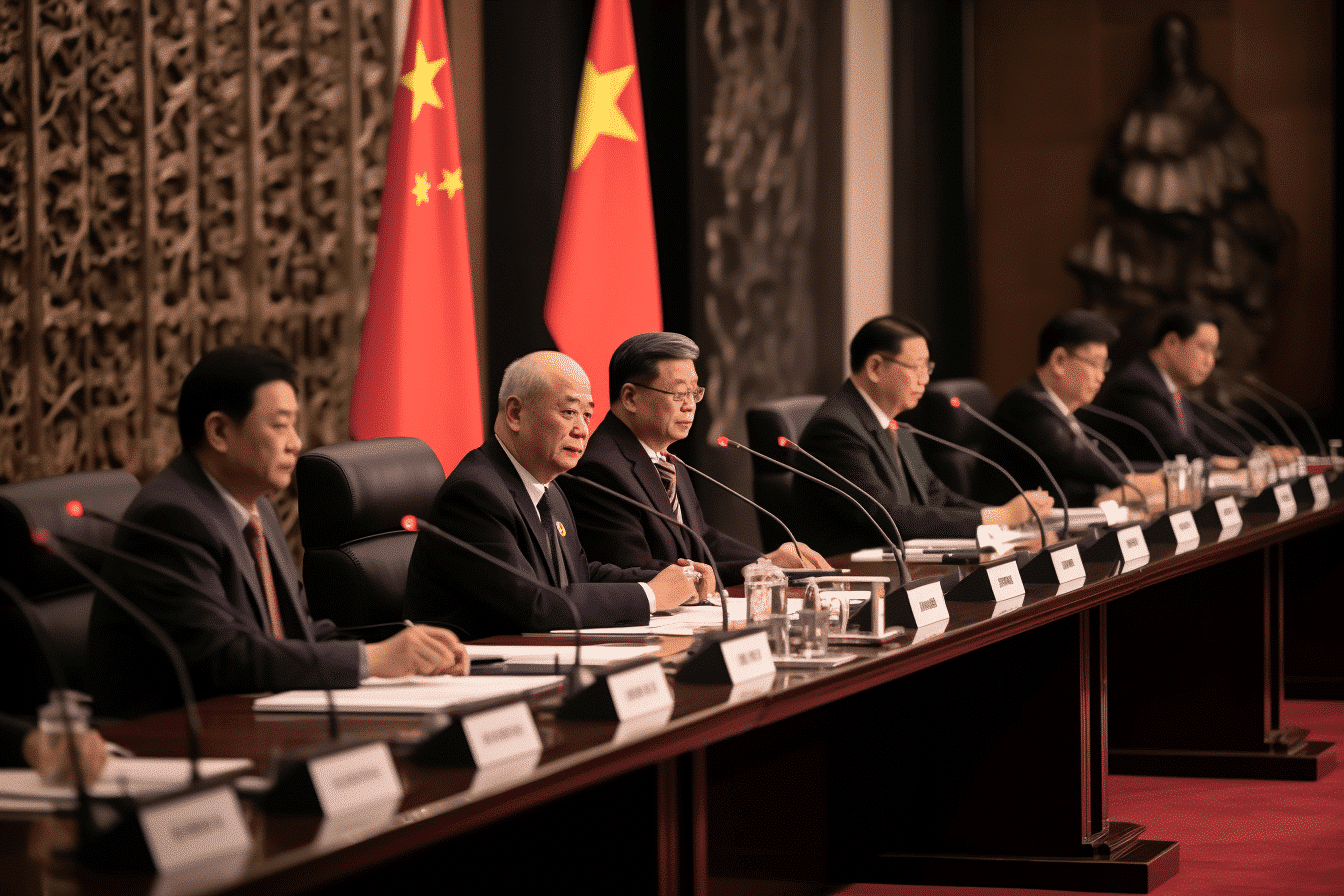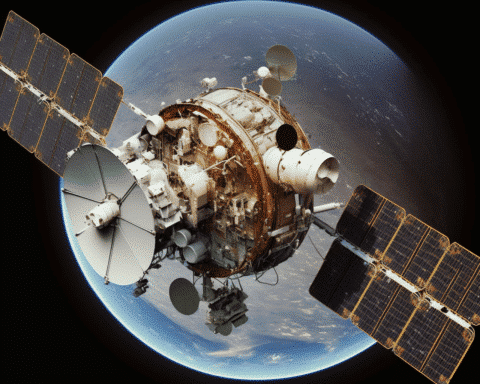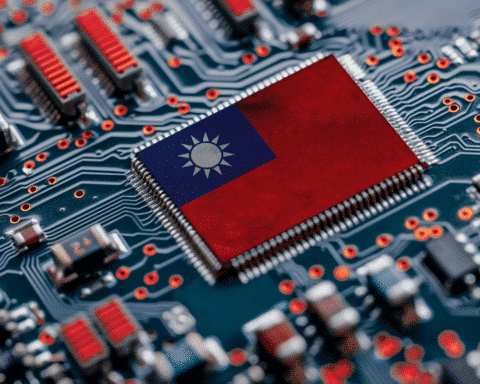China has unveiled a new national map reasserting its territorial claims in the South China Sea and on disputed lands with India.
Leading up to the Asian Games, China intensified its military posturing, dispatching over 100 warplanes toward Taiwan, furthering its routine assertiveness towards the autonomous island it considers its own.
Yet, during the Games, China adopted a more conciliatory approach, aiming to captivate representatives from over 40 Asian countries with its technological prowess and words of admiration.
In Hangzhou, where the government has invested billions for the event, Chinese President Xi Jinping greeted dignitaries at an inaugural feast. Xi highlighted the Games as a testament to the collective Asian vision for “peace, unity, and inclusiveness.”
However, issues like Taiwan’s status, territorial disputes with nations such as Vietnam, Malaysia, Indonesia, Brunei, and the Philippines in the South China Sea, and the border conflicts with India went unmentioned.
Moreover, a recent diplomatic disagreement with India concerning visa issuance for Indian athletes from a contested area saw three wushu competitors sidelined.
Despite geopolitical tensions, Taiwan’s athletes were warmly received at the opening ceremony, although they participated under the designation “Chinese Taipei” without their national flag, stemming from China’s territorial claims.
Promotional materials in Hangzhou portrayed the city as a “heavenly abode,” and the Asian Games adopted the theme “heart to heart.” With over 12,000 participants from Asia and the Middle East, the Games surpassed the Summer Olympics regarding athlete count.
The state-affiliated People’s Daily spoke effusively of the event, asserting its potential for fostering regional cultural ties and shared visions for the future.
Following the inaugural ceremony, the China Daily spotlighted headlines such as “Xi extends the hand of friendship.”
During his speech, Xi commended the region’s impressive economic development and underscored the importance of Asia as a beacon of global peace.
However, concurrent with these goodwill gestures, the Chinese military began exercises in Fujian Province, overlooking Taiwan. Additionally, the Philippine coast guard spotted barriers set up by China, barring Filipino fishers from a contested South China Sea lagoon. After the Philippines removed the barrier, China reiterated its unwavering territorial stance and cautioned against provocations.
Despite sidestepping direct references to territorial disagreements or escalating tensions with the U.S. during his speech, Xi’s discourse reflected geopolitical undertones. Emphasizing sports as a bridge to peace and collaboration, Xi subtly alluded to the current geopolitical dynamics with phrases commonly associated with China’s stance on the U.S.’s Asia-Pacific approach.
Amidst the spectacle and camaraderie of the Asian Games, the underlying geopolitical currents between China and its neighbours remain palpable. As nations come together in the spirit of sport, the challenge lies in translating this unity to diplomatic arenas. Only time will reveal if the bridges built during these games can pave the way for more lasting peace and collaboration in the broader Asia-Pacific region.




